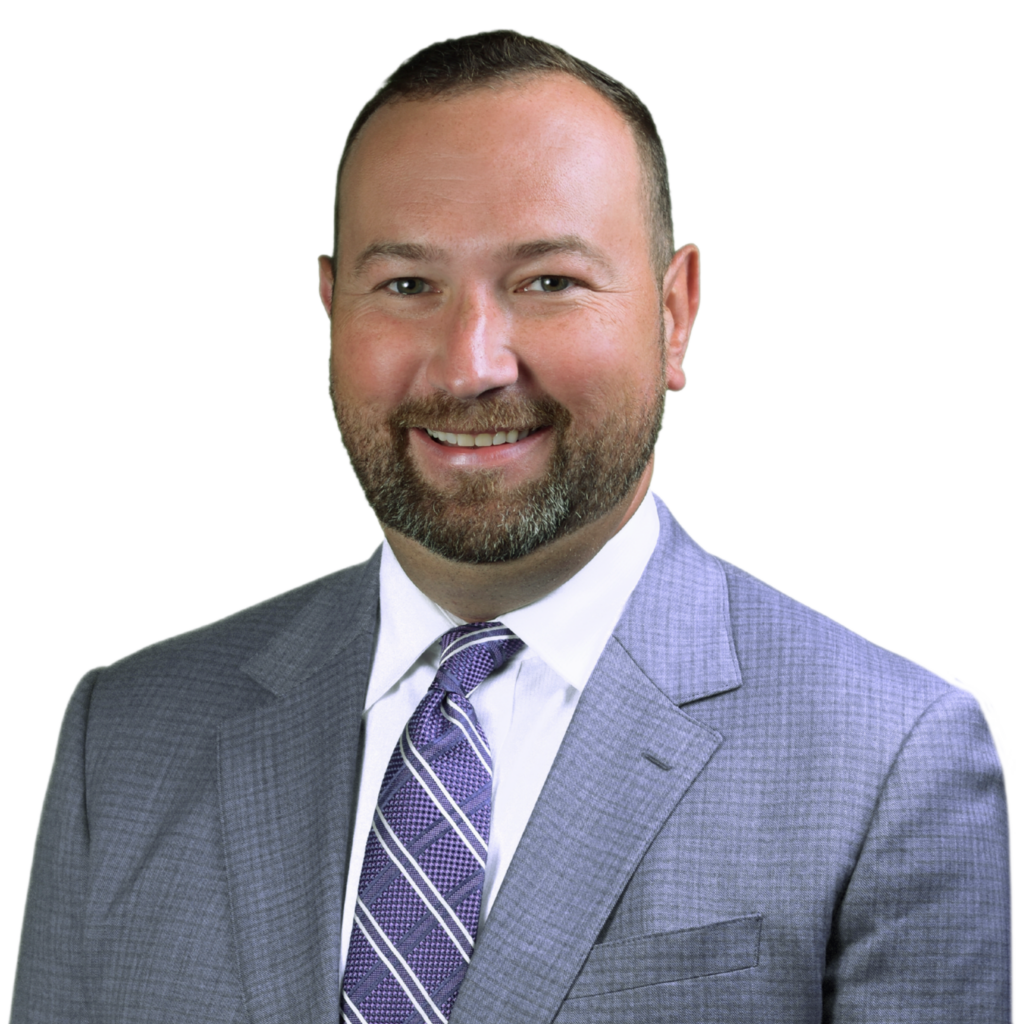The month of April finished in a frenzy over the Paycheck Protection Program (PPP), similar to how it began. On April 3, 2020, banks and other lending institutions started to take applications from small businesses for the PPP and, within a short two weeks, all of the initial funding allocated under the CARES Act was exhausted. Congress moved quickly to fund an additional $310 billion into the program with portions set aside in particular for small lenders and community banks with the hope that the funding would find its way to true small businesses.
This past week, two additional developments have businesses questioning whether or not their decision to take the subsidy was a good idea. The first came in the form of additional questions added to the Small Business Administration’s (SBA) list of Frequently Asked Questions. Question #39 asks, “Will the SBA review individual PPP loan files?” Questions #37 and #39 asks whether or not companies who have adequate sources of liquidity to support the businesses ongoing operations qualify for a PPP loan.
The SBA’s answers to these frequently asked questions have businesses concerned about the amount of scrutiny they will deal with in order to have these loans forgiven. The SBA has decided it will review all loans in excess of $2 million, in addition to other loans as appropriate, following the lender’s submission of the borrower’s loan forgiveness application. Businesses will need to take extra care to document their spending of these funds and work closely with their advisors throughout the eight week period to ensure they are properly handling the forgiveness equations.
More concerning, are the SBA’s answers to questions #31 and #37, pointing to the borrowers’ certification in their loan application, which confirms the PPP loan request is necessary without defining any financial parameters. The SBA does point out that a public company with substantial market value and access to capital markets will have a hard time demonstrating the need. It leaves others wondering how their own sources of capital such as lines of credit or related party assets factor into these decisions. Businesses should discuss their certifications with their legal counsel and be prepared to document the needs of the business during this period of economic uncertainty.
Not to be outdone by the SBA, on April 30, 2020, the Internal Revenue Service issued its Notice 2020-32, providing guidance regarding the deductibility for federal income tax purposes of otherwise deductible expenses such as payroll, rent, and utilities, when the taxpayer receives a PPP loan. Specifically, the notice clarifies there is no deduction allowed for these expenses if the expense results in forgiveness of a PPP Loan.
The CARES Act specifically excluded the forgiveness of the loan from gross income, and the disallowance of these deductions essentially negates that benefit for many businesses by taking away the deductions. Forgiveness of these loan funds will have to be considered in tax planning. While the IRS notice is incredibly disappointing and unsettling, their decision was sound based upon existing law. However, the CARES Act seems to be different from past legislation in that the intent of the legislation seems to be more important than any previous pieces of legislation that we have seen. Congress does have the ability to override the recent IRS ruling by specifically stating that taxpayers are entitled to the deductions for income tax purposes even if the CARES Act loan proceeds are not subject to tax. The uncertainly will cause a lot of anxiety, however, we are optimistic that this will be settled the way that Congress originally intended.
VonLehman experts have compiled a COVID-19 Resource Center to keep you up-to-date with breaking developments. Here, you can find numerous resources, specific to your industry, to help you navigate these difficult times. For any questions related to this article, contact Emir Hodzic at ehodzic@vlcpa.com or 800.887.0437.


